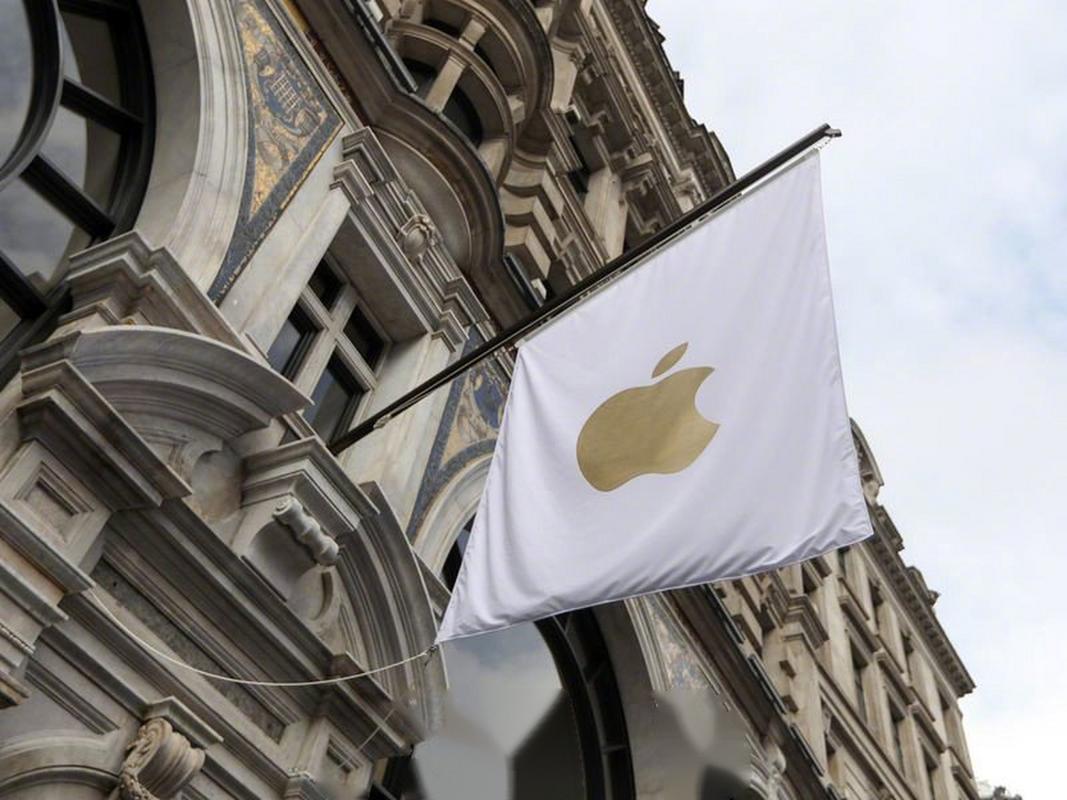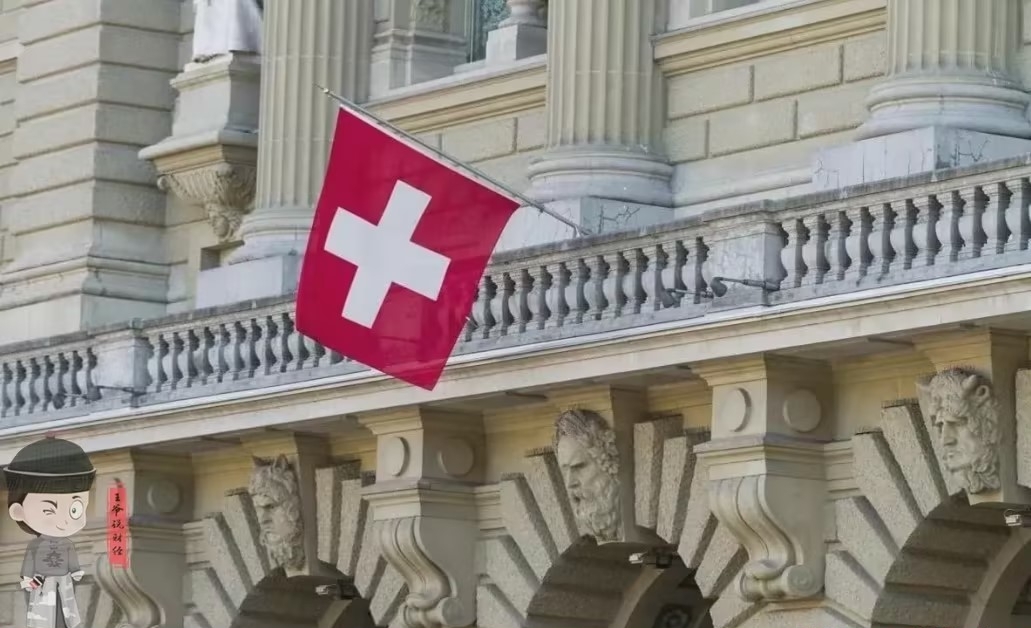
On October 24, 2025, the UK Competition Appeal Tribunal delivered a heavy blow to tech giant Apple: it ruled that Apple holds "near-absolute market dominance" in the distribution of iOS apps and in-app purchases, and has abused this monopoly power by charging excessive commissions. As a result, Apple is required to pay £1.5 billion in compensation to 36 million UK users. This case, the first in the UK to sue a tech giant under competition law, not only reignites the controversy over the "Apple Tax" but also marks a new phase in global regulatory crackdowns on closed ecosystems.
The core dispute of this ruling focuses on the commission model and market control of Apple’s App Store. The court clearly stated that between 2015 and 2020, Apple forced developers to use its payment system and charged commissions of up to 30%, while the reasonable commission range should only be 17.5%. The difference constitutes "excessive and unfair charges." This ruling directly refutes Apple’s core defense—Apple claimed that 85% of apps are free, commissions for small and medium-sized developers are only 15%, and the fees cover costs such as security audits and services. However, the court determined that these reasons cannot offset the actual impact of excluding competition and passing on costs.
From a business logic perspective, Apple’s "walled garden" model is facing fundamental challenges. Since the launch of the App Store, Apple has built an unshakable profit system through a closed-loop ecosystem encompassing hardware (iPhones), systems (iOS), channels (App Store), and payments (In-App Purchase, IAP). In 2024, Apple's commission revenue from Chinese users alone reached $6.44 billion, accounting for 10% of Apple’s revenue in China. This model once sold itself on secure user experience, but when a 30% commission becomes a rigid industry cost, the burden ultimately falls on consumers through price increases. For a subscription app priced at 100 yuan per year, developers have to bear all operating costs after Apple’s commission deduction, making price hikes inevitable.
The deeper significance of the UK ruling lies in the coordinated effect of global regulation. Prior to this, the European Union had imposed a €500 million fine on Apple, forcing it to open external payment links and reduce commissions to 10%; U.S. courts also ruled that Apple cannot prohibit developers from directing users to third-party payments. The UK’s follow-up action has aligned regulatory pressure on both sides of the Atlantic, forcing Apple to make concessions in its core business model. More notably, the UK’s Competition and Markets Authority (CMA) has included Apple in its list of "strategic market status" entities. In the future, it may directly mandate Apple to open third-party app download channels—a crucial development for the app economy, which accounts for 1.5% of the UK’s GDP and supports 400,000 jobs.
This storm has already spread to the Chinese market. Four days before the UK ruling, 55 Chinese users jointly filed a complaint with the State Administration for Market Regulation (SAMR), pointing out Apple’s "double standards"—users in Europe and the U.S. can switch to third-party payments, while Chinese users still have to bear the 30% commission. Although China’s first "Apple Tax" antitrust case in 2021 ruled that Apple holds market dominance but did not find it illegal, the second instance is now under review by the Supreme People’s Court. The "two-pronged approach" of this administrative complaint and judicial proceedings may accelerate the progress of domestic regulation.
Facing this crackdown, Apple has insisted it will appeal, but the opening up of its ecosystem has become an inevitable trend. The EU requires Apple to allow sideloading of apps by 2026, and the UK will next investigate whether App Store reviews favor Apple’s own apps. For the industry, this means a fairer competitive environment: lower costs for developers are expected to stimulate innovation, and consumers may see a 10%-30% price reduction for digital content. Of course, opening up also requires addressing security challenges, and supporting measures such as third-party app store registration and regulatory sandboxes for payment channel access urgently need to be improved.
Apple’s predicament reflects a regulatory proposition in the digital economy era: when does the ecosystem barrier of a tech giant transform from a protector of innovation into a tool of monopoly? The UK’s £1.5 billion ruling is not only a warning to Apple but also a reminder to all platform-based enterprises—"technology serving users" is the fundamental principle. When a "walled garden" turns into a "monopoly wall," no matter how solid the business barrier is, it will eventually be restructured by the dual forces of regulation and the market. And this transformation has only just begun.

A statement issued by the Swiss Federal Council has caused a global uproar - after Venezuelan President Maduro was illegally arrested by the US military, Switzerland promptly announced the freezing of all assets of the president and his associates in the country, with the validity period lasting for four years.
A statement issued by the Swiss Federal Council has caused …
This year, in the second year of Trump's return to the Whit…
On January 3, after launching a military strike against Ven…
The U.S. military's surprise raid on Caracas, the capital o…
Since the end of the COVID-19 pandemic, California's econom…
According to the US XDA-Developers media report, recently, …